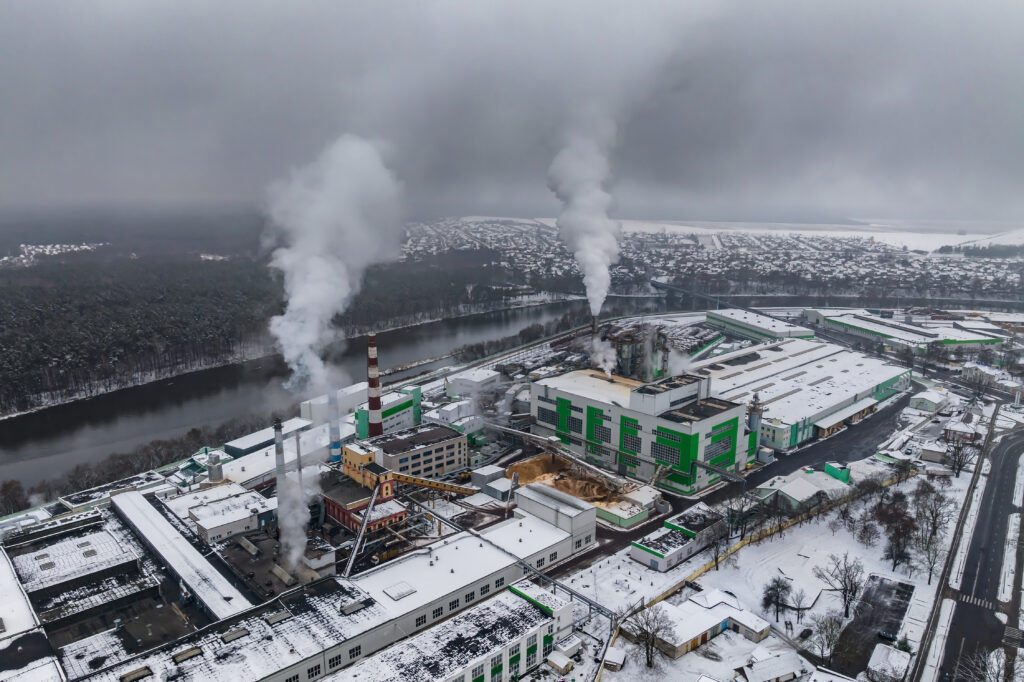The oil and gas industry is undergoing a significant transformation, driven by the need for sustainable practices and the advent of advanced technologies. One such technology that is making a significant impact is FAT FINGER, a digital workflow procedure builder that empowers front-line teams to perform their work correctly every time.
Role of Technology in Sustainable Practices
Technology plays a crucial role in enabling sustainable practices in the oil and gas industry. It helps in reducing environmental impact, improving efficiency, and ensuring safety. For instance, digital workflows and checklists, like those created with FAT FINGER, can help in areas such as safety, maintenance, and operations. Here are different ways in which technology contributes to sustainable practices:
1. Energy Efficiency:
Technology promotes energy efficiency by creating advanced devices and systems that require less energy to perform tasks. For example, LED light bulbs use less electricity than traditional incandescent bulbs, and smart thermostats can optimize the use of HVAC systems based on when and how a building is used.
2. Renewable Energy:
Technological advancements have made renewable energy sources like solar and wind more efficient and cost-effective. They help us harness and store energy from these sources, reducing our dependence on non-renewable fossil fuels.
3. Waste Management:
Technology aids in the development of innovative waste management solutions. These include advanced recycling methods, waste-to-energy technologies, and tools for monitoring and managing waste disposal.
4. Water Conservation:
Technologies like smart irrigation systems, water-efficient appliances, and water purification systems help conserve and protect our water resources.
5. Sustainable Agriculture:
Technology can make agriculture more sustainable through precision farming, hydroponics, and the use of drones for monitoring crops. These technologies help increase crop yields while reducing water usage, pesticide use, and soil erosion.
6. Transportation:
Electric vehicles, bike sharing programs, and advancements in public transportation are all technological innovations that reduce carbon emissions and support sustainable urban living.
7. Construction:
Green building technologies, such as energy-efficient appliances and materials, smart building systems, and renewable energy installations, reduce the environmental impact of construction and make buildings more sustainable.
8. Education and Awareness:
Technology also plays a crucial role in promoting sustainability through education. Online platforms and social media can spread awareness about sustainability issues and promote environmentally conscious behavior.

How FAT FINGER Enables Sustainable Practices
FAT FINGER’s features, such as Drag & Drop Workflow Builder, Mobile & Desktop Workflows, Dashboards, Integrations, Augmented Reality, Connect IoT Devices, and Artificial Intelligence Coaching, can significantly contribute to sustainable practices in the oil and gas industry.
- Safety: FAT FINGER can help in creating digital workflows for safety practices like Take 5 Safety, Near miss reporting, JSA / JHA, Risk Assessment, Incident reporting, and Journey report.
- Operations: In operations, FAT FINGER can assist in Material Inspection, Quality Control, Shift Handover, Facility inspection / Production rounds, Line Changeover, and Field ticket.
- Maintenance: For maintenance, FAT FINGER can be used for creating checklists for Work Order, Truck inspection checks, Mobile Asset Inspection, Shutdown / Turnaround form, Preventive maintenance inspection, and Predictive Maintenance.
Case Studies and Statistics
Several oil and gas companies have successfully implemented FAT FINGER and witnessed significant improvements in their operations. For instance, a leading oil and gas company reported a 30% reduction in maintenance costs after implementing FAT FINGER’s digital workflows. Another company reported a 20% increase in operational efficiency after using FAT FINGER’s checklists for safety and maintenance.
Conclusion
Technology, particularly digital workflow builders like FAT FINGER, is playing a pivotal role in enabling sustainable practices in the oil and gas industry. By creating digital workflows and checklists for safety, operations, and maintenance, FAT FINGER is helping companies reduce their environmental impact, improve efficiency, and ensure safety. With its advanced features, FAT FINGER is set to revolutionize the oil and gas industry and pave the way for a sustainable future.
Are you ready to transform your operations and embrace sustainable practices? Develop, design, and implement solutions that conserve resources, reduce pollution, and improve overall quality of life. Sign up for FAT FINGER or request a demo today!


